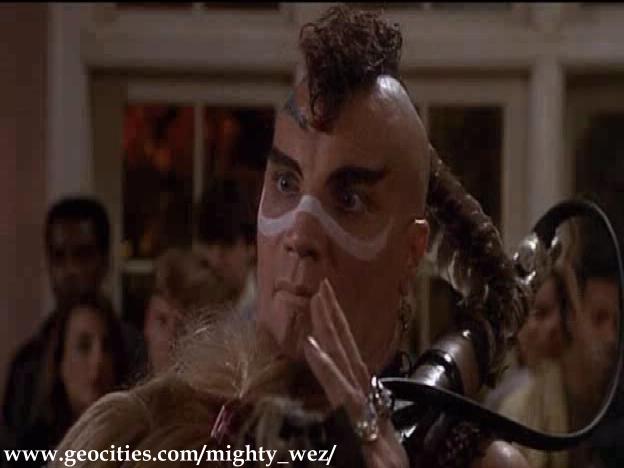"Friend" always was a broad word. Your closest friends are people you would pretty much lay down your life for. But your friends also include the people you know at the pub, work colleagues you get on with and have occasional conversations with, and people you socialise with in other ways.
I've always been intrigued as to the point when someone goes from being a "friend of a friend" to a "friend". In my mind, that happens when you start making an effort to have a relationship with them directly instead of via that other person, even if it's just meeting for coffee, or lending them a DVD.
Social media, though, broadens the concept of friendship still further. A friend on Facebook means "someone to whom I can establish a connection". Facebook's suggestions actively prompt you to befriend everyone who's a friend of a friend. So, since status in these things is achieved by maximising your friend count, you friend request these people. Not wishing to be rude, they see you have a mutual friend, and accept you. Now you can befriend all their friends, and so it grows. Going from "friend of a friend" to "friend" just takes one click each, and there's absolutely no social or personal interaction.
Where it gets really messy is that in the social media world all this is public. You friend someone, all their friends can see this, and so they click, see who you are, and befriend you too. Woo! Everyone wants to be your friend! Aren't you popular! Actually, no. It's more like someone shows up at your house, announces themselves as a friend of your mate, so you invite them in, and next thing you know, they've brought all their friends and their friends' friends, and there's a party in your living room full of complete strangers. (I hope you're thinking of that scene from Weird Science now. I am!)
Now turn it around. We all know what it's like when one of your friends breaks up with their partner, and you have to do your best not to be seen to choose sides. In real life, you adjust your social life so that you can gracefully avoid people you don't want to stay in touch with, and life gradually takes its natural course without, hopefully, offending too many people. In the online world, though, there's no accepted etiquette or sense of discreet grace when you un-friend someone.
The problem is that we feel pressured to publicly declare as friendships things that are only casual acquaintances. If my friend Fred has a new girlfriend, Jo, I feel obliged to call Jo my Facebook friend, even if we don't actually like each other. If I belong to a lute-playing club, I'd feel obliged to call any other club member my friend. When social circumstances change, and I no longer have an association to those people, the logical thing is to dissolve that spurious friendship. However, that's a hugely emotionally charged act, especially since everyone can see you do it. People get massively offended when you unfriend them. It generates responses such as "you were obviously never my friend in the first place, which makes you two-faced," or "what did I do to offend you?".
Strangely, the unfriended get offended even if they were hiding your updates. It's not that they actually wanted to maintain any kind of relationship with you, or even had one in the first place, it's purely the fact that you have removed them from the status of "friend" and taken an active decision to exclude them from your social circle.
A while ago, I wrote about the concept of autistic media, and how social media really can't match up to the complexity and shades of human interpersonal relationships. I'm still amazed by the level of communication that we now have, and how we can use this to enrich our lives in many ways, but it's becoming increasingly clear that we still have a long way to go on the fundamental social and emotion-driven structures that will be necessary for online communities to work properly.



2 comments:
Feel free to add me on Facebook! I accept virtually anyone! ^_^
Although, for the record, if you and Anna ever get a divorce, I probably would feel obligated to delete you.
For the record, if Anna & I ever get a divorce, I would probably feel obligated to delete myself.
Post a Comment